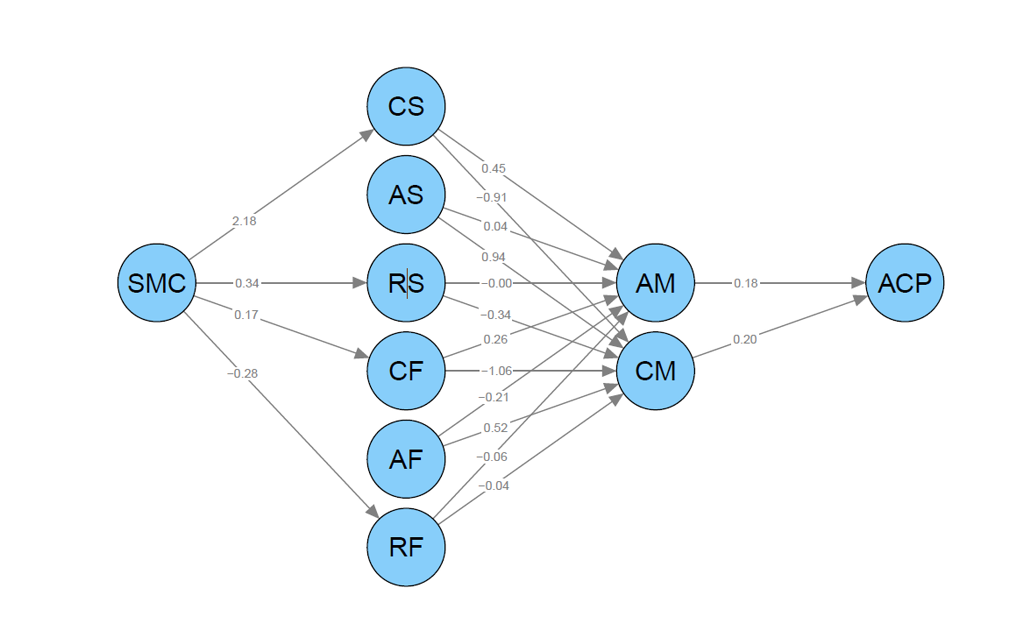Project introduction and background information
In the Programme of Innovation in Mathematics Education (PRIME) research is done into the methods used in the education that has been developed. It involves cross-sectional research design in Q2 of the first year bachelor calculus course of computer science. Questionnaires are used to measure student perceptions of teacher support, basic psychological needs, satisfaction and motivation. Drop-out and performance information is collected after the course.
Objective and expected outcomes
Recent research showed gender differences in student perceptions of teacher support. The present study aims to investigate these gender differences and their possible consequences for basic psychological needs, motivation, academic performance, and drop-outs. Gender differences in and the relationships between the above variables will be investigated.
We expect to find gender differences in basic psychological needs, satisfaction and motivation. Furthermore, we expect motivation to be positively related to academic performance and negatively related to drop-outs. Follow-up research could investigate the effectiveness of interventions in improving motivation and reducing possible gender differences.
Results and learnings
A Bayesian Structural Equation Modelling was performed to examine the relationship between perceived scaffolding and monitoring cues (SMC), competence, autonomy, and relatedness satisfaction and frustration (CS, AS, RS, CF, AF, and RF), autonomous and controlled motivation (AM and CM), and academic performance (ACP). The preliminary analysis was conducted as part of a bachelor thesis by Annemieke Brouwer, our bachelor student in the Math program. The results from the bachelor thesis are shown in Figure 1.
The results showed that perceived scaffolding and monitoring cues were positively related to competence and relatedness satisfaction and negatively to relatedness frustration. Competence and autonomy satisfaction were positively associated with autonomous motivation, but the link was relatively weak. Unexpectedly, autonomy satisfaction was found to be strongly positively related to controlled motivation, although a negative relationship was hypothesized. Both autonomous motivation and controlled motivation were positively linked to academic performance.
The results suggest a complex relationship among perception of scaffolding and monitoring cues, basic psychological needs, motivation, and academic performance. Importantly, students' perception of teacher support seemed to influence students' need for competence strongly. In turn, the satisfaction and frustration of basic psychological needs affect students' motivation and academic performance. Based on these findings, we would like to explore ways in which students’ basic psychological needs can be met to enhance their motivation.

Figure 1. Path diagram of the latent variables corresponding to the informative prior model with relation estimates shown on the edges.
